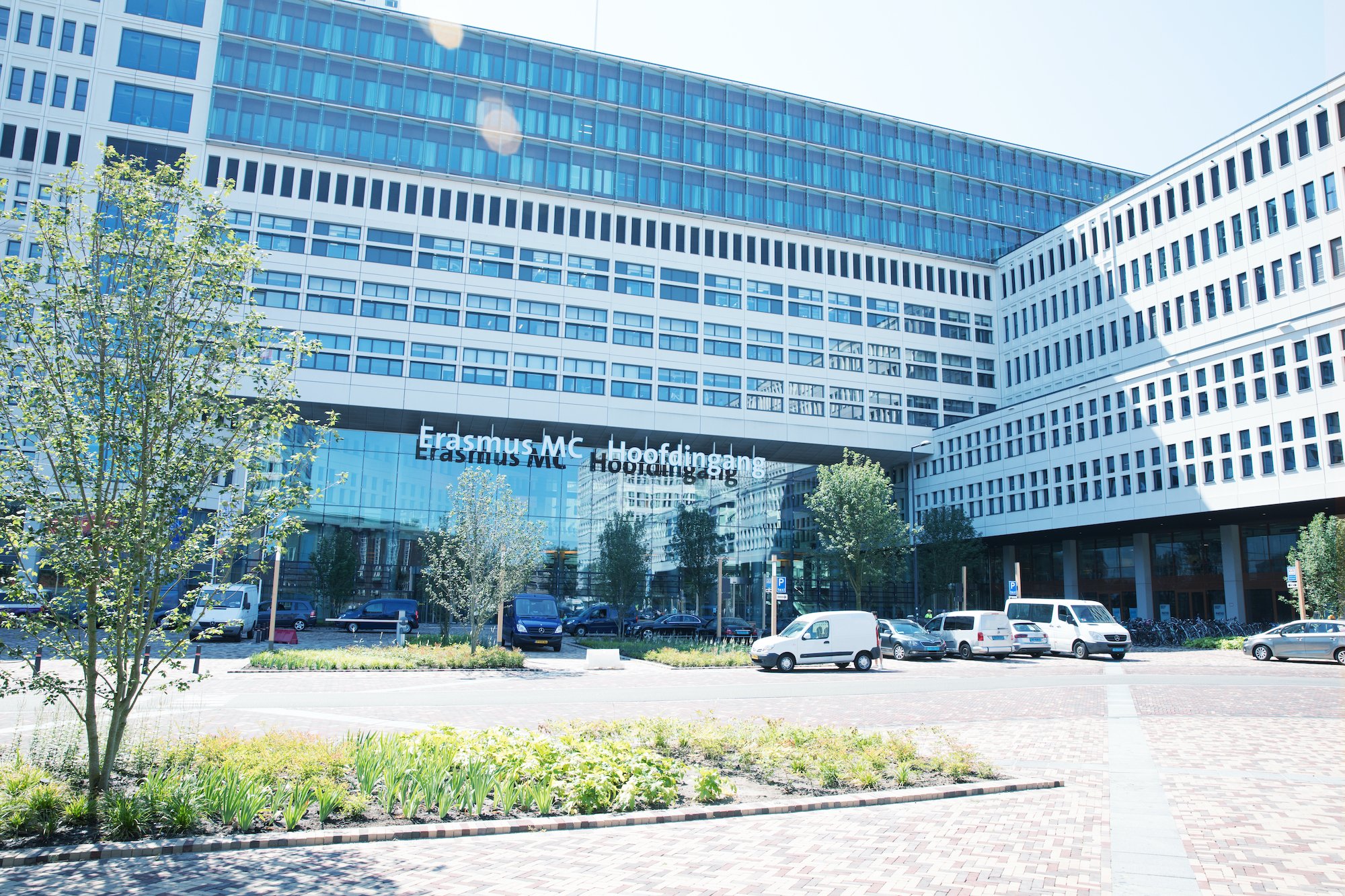PhD student on climate change & vector borne disease: impact on mosquitoes
PhD student on climate change & vector borne disease: impact on mosquitoes
You cannot apply for this job anymore (deadline was 30 Sep 2022).
Browse the current job offers or choose an item in the top navigation above.
Job description
As a PhD student in this project, you will focus on past, present and future impacts of salinization and climate on four globally important, locally present mosquito species, each of them acting as a vector for a range of pathogens.
Within this project, you will be expected to use a combination of experimental work using the Living Lab mesocosm facility at the University of Leiden and the BSL-3 facilities at the University of Wageningen. In addition, you will be expected to take part in mosquito focused field work in our Delta Field Lab. Besides these experimental components, you will be expected to use historical data to study past impacts of climate and salinization on mosquito borne disease, which will be closely coordinated with specialists at KNMI and Naturalis Biodiversity Center.
Within this project, you will be expected to use a combination of experimental work using the Living Lab mesocosm facility at the University of Leiden and the BSL-3 facilities at the University of Wageningen. In addition, you will be expected to take part in mosquito focused field work in our Delta Field Lab. Besides these experimental components, you will be expected to use historical data to study past impacts of climate and salinization on mosquito borne disease, which will be closely coordinated with specialists at KNMI and Naturalis Biodiversity Center.
Specifications
- max. 36 hours per week
- €2631—€3336 per month
- Rotterdam View on Google Maps
Requirements
- A MSc degree (MSc) in Biology, Environmental Sciences, Natural Sciences, or a related field.
- Extensive knowledge on natural processes (e.g., in biology, geography, chemistry or physics), combined with knowledge on natural history and experimental skills and modeling.
- Demonstrated experience with spatially explicit modelling of environmental systems, preferably focusing on the relationships between environmental conditions, stressors and ecosystem integrity.
- Experience in gathering and analyzing large data sets from public literature or databases.
- Good social and communication skills; Excellent report writing and presentation skills.
- Good time management and organisational skills. Inquisitive, reflective and eager to grow;
- Excellent command of the English language.
- We expect dedication and enthusiasm for innovative research, combined with scientific curiosity and the capacity for teamwork in an interdisciplinary environment.
- Candidates need to demonstrate mobility in terms of moving from one institute to another when taking up their appointment.
Conditions of employment
You will receive a temporary position for 4 years. The gross monthly salary is € 2.631 ,- in the 1st year and increases to € 3.336,- in the 4th year (scale OIO).
- Excellent fringe benefits, such as a 13th month that is already paid out in November and an individual travel expense package.
- Pension insurance with ABP, we take care of approximately 2/3 of the monthly contribution.
- Special benefits, such as an in-company physiotherapist and bicycle repairer. There is also a gym where you can work on your fitness after work.
Employer
Erasmus MC
Erasmus MC, TU Delft and Erasmus University Rotterdam have joined forces in the Pandemic and Disaster Preparedness Center (PDPC). PDPC aims to prepare society for future pandemics and disasters. We will reduce vulnerabilities and risks and build resilience through effective disaster prevention, preparedness and recovery measures. Convergence of the technical, medical and social sciences is essential for developing the next generation of approaches to disasters and pandemics. In the foreseeable future, our society can expect many more and unforeseen virus outbreaks and extreme events because of climate change. But how do we protect society from the next pandemic or disaster? Which of the lessons learnt could develop prevention and intervention measures, and how could research contribute to preparedness?The combination of water-rich landscapes, (exotic) mosquitoes, high numbers of (migrating) birds, international trade and travel and high population density makes the low-lying delta in the Netherlands vulnerable to future outbreaks of vector borne diseases. In addition, climate change and climate change mitigation measures will likely result in changing mosquito, reservoir host and virus ecology. Rapid sea level rise is a threat resulting from climatic change as it will cause increasing salinization of coastal areas with large expected impacts on biodiversity and land use. Moreover, subsequent changes in water management are expected to affect mosquitoes and birds. In this frontrunner project on Climate Change & Vector Borne Diseases, 3 PhD students will work with a large team of senior researchers across a range of disciplines including environmental sciences, epidemiology, ecology, virology, climate science, ornithology and veterinary sciences, to study the effects of climate change and salinization on vector borne diseases.
You will be based in Leiden. This project is a close collaboration of Leiden, Wageningen and Erasmus MC-Viroscience. You will collaborate with other PhDs at ErasmusMC, UvA and project partners based in Rotterdam and Delft. You will be supervised by Maarten Schrama (UL), Koos Biesmeijer (UL) and Sander Koenraadt (WUR).
Specifications
- PhD
- Health
- max. 36 hours per week
- €2631—€3336 per month
- University graduate
- 35.17.22.TDA-P1051821-1
:fill(white)/logos/emc-en-wide.png)
